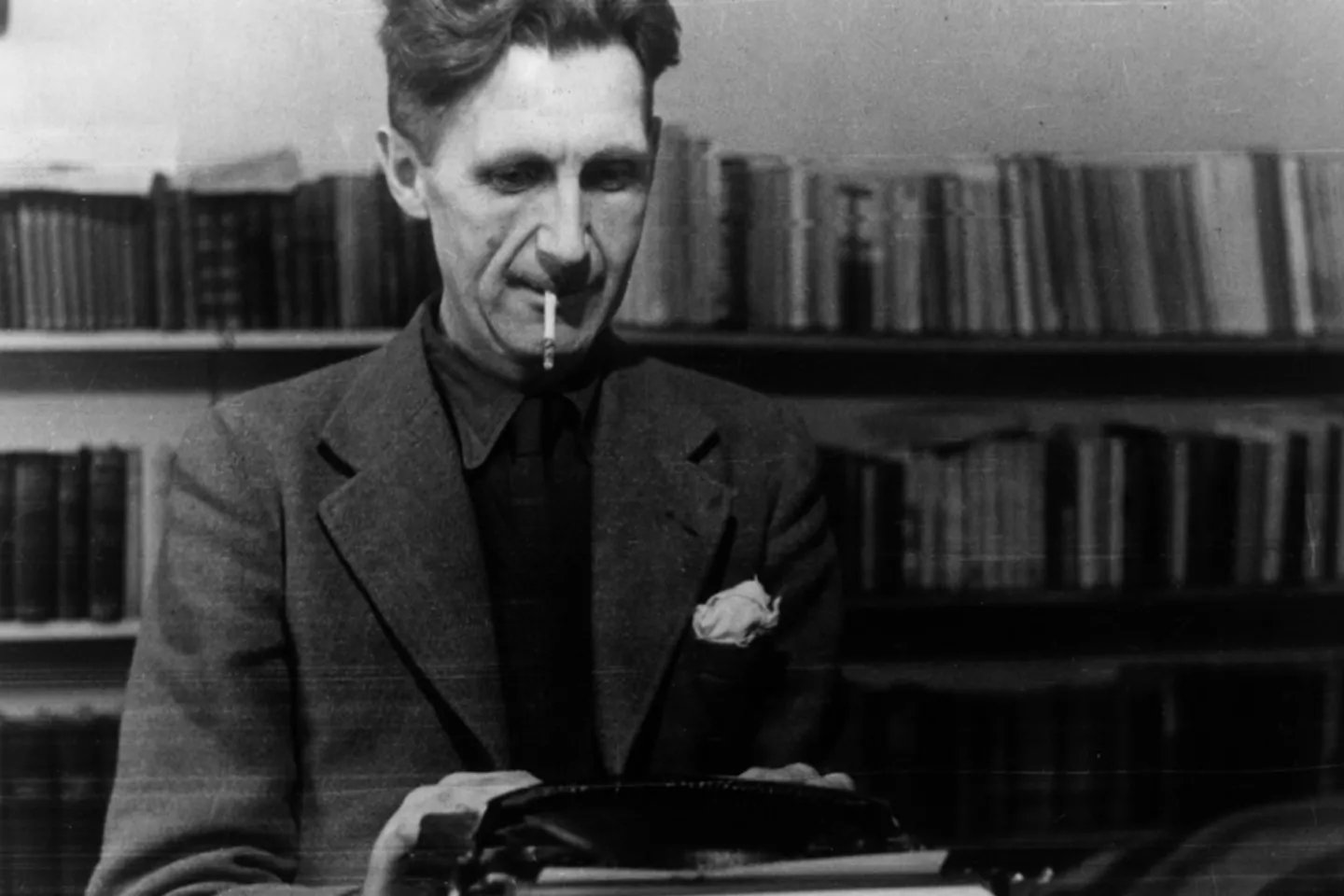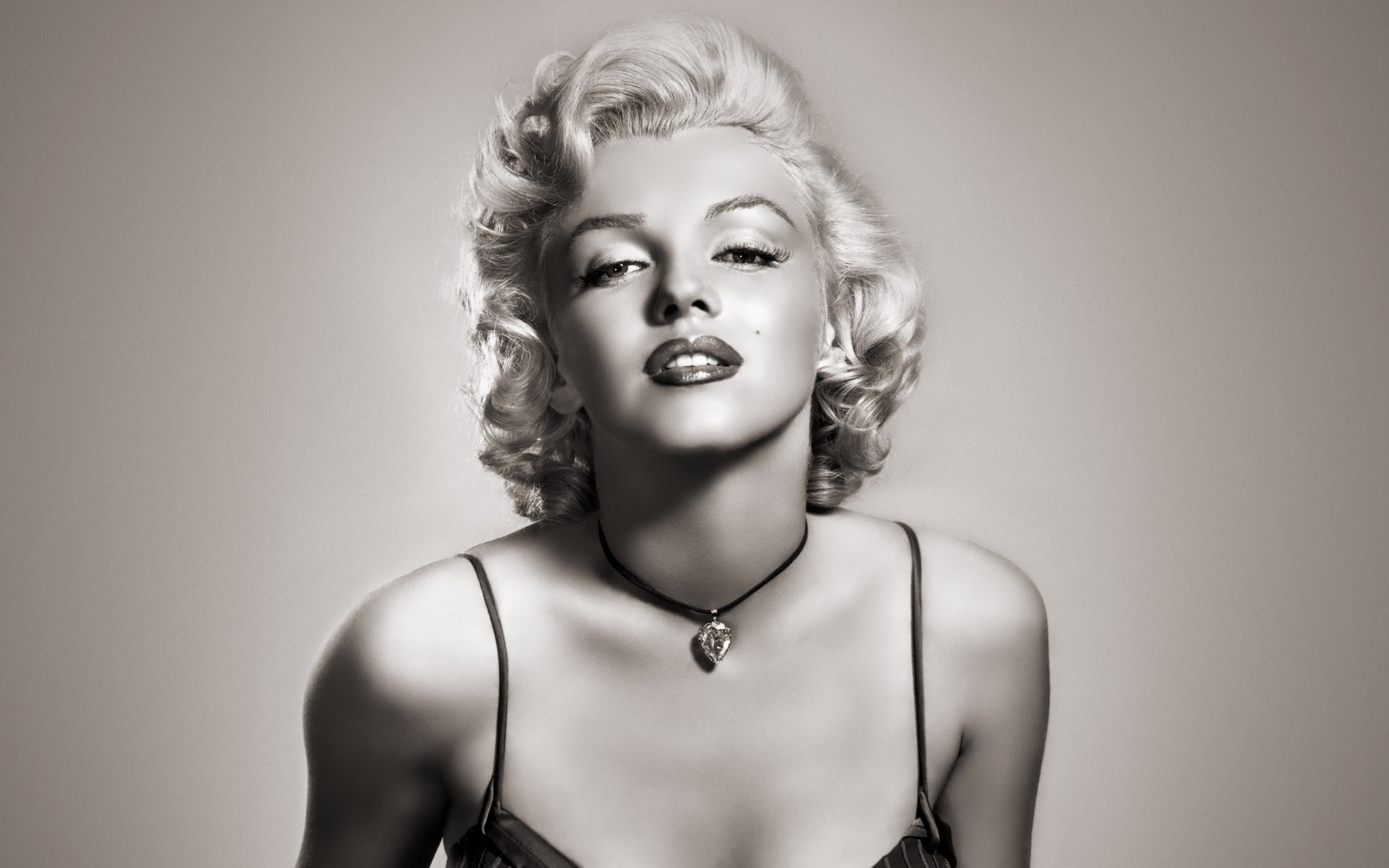
George Orwell – The Creator of Perhaps the Two Most Important Works of the 20th Century
He had a difficult and tragic life. He wrote perhaps the most important novels of the 20th century.
George Orwell, born Eric Arthur Blair, was born on June 25, 1903, in the Indian city of Motihari and died on January 21, 1950, in London. His family belonged to the British middle class, reports Index.hr.
His father, Richard Walmesley Blair, was employed in the British colonial service, while his mother, Ida Mabel Blair, was the daughter of a French timber merchant.
When Eric was only one year old, his mother took him and his sisters to England, while his father remained working in India. The family lived modestly, relying on small income from the father’s job.
Orwell was a very intelligent child but did not enjoy the privileges of his wealthy classmates. As a scholarship student, he attended prestigious schools such as St. Cyprian’s and Eton. During his schooling, he was often subjected to social discrimination and humiliation due to modest means, which later influenced his understanding of class divisions.
Life in Burma and Return to Europe
At the age of 19, he joined the Indian Imperial Police in Burma, where he served for five years. During this time, Orwell witnessed the brutality of colonial rule, which caused a deep moral conflict in him. He left the service in 1927 and decided to devote himself to writing.
This experience significantly shaped his anti-imperialist political views, reflected in the essay "A Hanging" and the novel "Burmese Days".
In 1936, Orwell married Eileen O’Shaughnessy, who was a strong supporter of his career. The couple could not have children of their own, but in 1944 they adopted a son, Richard Blair.
Unfortunately, Eileen died in 1945 during a routine surgery, which deeply affected Orwell.
Later, in 1949, he married Sonia Brownell, an editor and intellectual, while he was seriously ill. By then, Orwell had already been suffering from tuberculosis for many years.
The Spanish Civil War
In 1936, Orwell went to Spain to join the Republican forces in the fight against the fascist regime of General Franco. There, he fought in the militia of the POUM (Workers' Party of Marxist Unification), where he was wounded in the neck.
His experiences from the war, including his disappointment with the factional conflicts on the left, are described in his memoir "Homage to Catalonia".
Orwell had poor health throughout his life. While in Spain and Burma, he developed chronic lung infections and was later diagnosed with tuberculosis.
Despite his illness, he continued writing, often under harsh conditions. He spent his last years in a sanatorium, where he completed the novel "1984".
Orwell was known for his simple lifestyle, which included gardening, animal husbandry, and fishing. He was devoted to nature and enjoyed spending time in remote rural areas.
Although skeptical of organized religion, he was interested in the moral and ethical dimensions of religious issues, which influenced some of his works.
His love for writing was reflected in his work ethic. He wrote intensively, often while ill and isolated, which speaks to his dedication to creating literature with political and moral messages.
Animal Farm and 1984
Orwell achieved worldwide fame with his works that criticize totalitarianism. Animal Farm (1945) is a satirical fable that allegorically depicts events in the Soviet Union, where domestic animals overthrow their human masters and establish their own order, which eventually becomes equally oppressive.
The novel 1984 (1949) portrays a dystopian future under the rule of a totalitarian regime led by Big Brother, where freedom of thought is strictly controlled and individuality suppressed.





